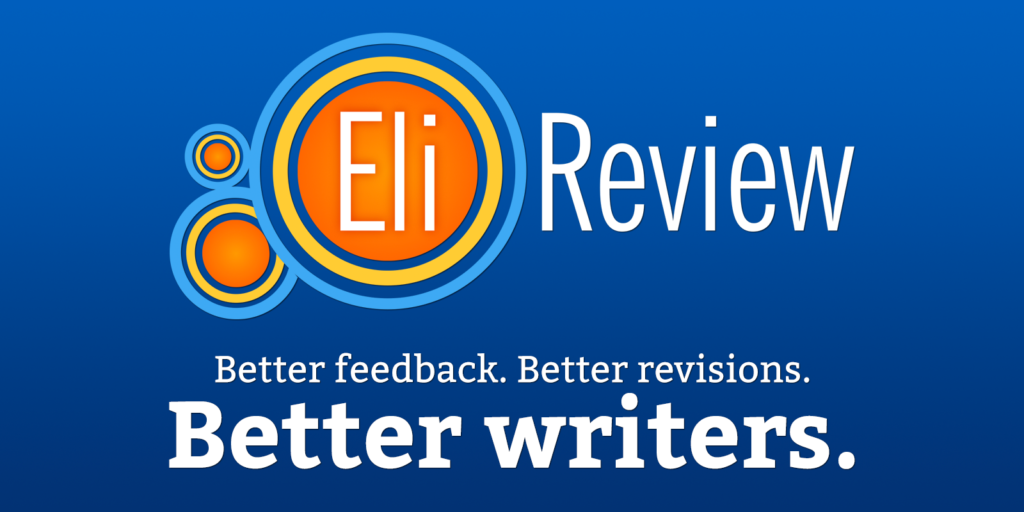It’s not often humanities professors transform an idea into a successful business venture, but that’s exactly what Bill Hart-Davidson and Jeff Grabill did 10 years ago thanks to the vision and support of Greg Bradbury, an MSU graduate with a B.A. and MBA from the Broad College of Business. A scholarship has now been created in Bradbury’s name that will empower MSU students, especially those in creative career paths, to follow the example set by Hart-Davison and Grabill by developing projects into entrepreneurial ventures.
The Bradbury Scholarship for Student Entrepreneurship was designed to support ambitious and exemplary students engaged in entrepreneurship education at MSU. This new scholarship honors the memory of Bradbury, who passed away in 2021, and his commitment to MSU and its educational mission. The scholarship was created by Drawbridge Inc., an educational technology company for which Bradbury served as CEO for more than 10 years.

During his time as the Drawbridge CEO, Bradbury oversaw the startup and growth of the software service Eli Review, which was invented by Hart-Davidson and Grabill, both faculty, at the time, in MSU’s Department of Writing, Rhetoric, and American Cultures and researchers in WIDE (Writing, Information, and Digital Experience) Research Center. An educational technology tool, Eli Review is now used by tens of thousands of students and teachers every day.
Hart-Davidson is a Professor in the Department of Writing, Rhetoric, and American Cultures and Associate Dean for Research and Graduate Education in the College of Arts & Letters, and Grabill is a former Professor and Chair of the Department of Writing, Rhetoric, and American Cultures and now Deputy Vice Chancellor of Student Education at the University of Leeds in the United Kingdom.
Hart-Davidson says Bradbury was a big believer in communication and entrepreneurship.
“He wanted the teaching of writing and communication to be essential to what students learn when they come to college,” Hart-Davidson said. “He felt like it was a critical leadership skill, and he valued what we were doing. He was also fascinated by us as humanities professors to be inventors and eventually entrepreneurs, not something you see every day. And he wanted to see more of that.”
“Wherever you have a creative career path ahead of you and an entrepreneurial idea, we want there to be a resource where you could, while you’re here at MSU, pursue that and make it happen.”
Bill Hart-Davidson
While the Bradbury Scholarship for Student Entrepreneurship is open to a wide variety of academic colleges and areas of study, it is especially intended to support nontraditional recipients of entrepreneurial funding — student founders in the arts, humanities, and social sciences who are in the very early stages of developing a creative product.
“We may have the highest concentration of entrepreneurs of any college. You have to be if you’re an art major. They’re betting on themselves. They’re betting on their passion, talent, and their ability to make something amazing in the world in order to make a living,” Hart-Davidson said. “That spirit need not be pigeonholed to a college like business or engineering. Wherever you have a creative career path ahead of you and an entrepreneurial idea, we want there to be a resource where you could, while you’re here at MSU, pursue that and make it happen.”
Eli Review is Born
Eli Review, more commonly referred to as simply Eli, was created for instructors to use with students on writing assignments. By prioritizing review and revision, Eli promotes effective peer feedback and critical thinking.
“As writing teachers, we saw that these were two elements of the writing process that are the most essential to learning,” Hart-Davidson said. “They’re also the two hardest to teach because it takes a lot of coordination, it requires everyone to participate, but it’s also where you get the most bang for your buck as a teacher. Spending more time having students read and compare each other’s work with criteria, and then make a plan and practice revising, that is worth its weight in gold.”

Eli’s peer learning system works like this: students share their writing with each other, the teacher sets up prompts or criteria for review, peers respond to one another, then students turn in a revision plan. Students can see all of the review comments in one place while the teacher can see analytics about who responded to whom and how, which helps filter high-quality feedback. Students can take all that feedback and turn it into a revision plan that they can use.
“We’re not trying to automate teachers out of existence,” Hart-Davidson said, “but we are trying to find efficiencies.”
At first, Hart-Davidson and Grabill didn’t necessarily think about Eli becoming a business, per se. But they were excited for it to become a product someone could use. When they began an invention disclosure process, their idea for Eli managed to capture the attention of Bradbury, a member of the MSU Foundation Board, which offers funding to current faculty through several different programs to support ongoing research and innovation.
“We’re not trying to automate teachers out of existence, but we are trying to find efficiencies.”
Bill Hart-Davidson
At one point, Hart-Davidson and Grabill made a presentation at a University Advancement event where an intrigued Bradbury was in the audience. Afterward, Bradbury told them, “This needs to be a business.”
Hart-Davidson and Grabill, along with WIDE Research Specialist Michael McLeod, worked with Spartan Innovations, the MSU Research Foundation’s venture creation entity, to transfer technology and to set up a business to make the software commercially available. Drawbridge, Eli’s parent company, was established in 2012 with Bradbury serving as CEO. Today, MSU owns a significant share of the business and has a seat on its board of directors.
Bradbury’s Vision Pays Off
Though its growth has not been exponential, the public-private entity has steadily expanded over the last decade. Drawbridge has never pursued acquisition or venture capital. That careful approach tends to turn off investors who want to make a buck fast. Yet, according to Hart-Davidson, Bradbury’s leadership focus on the company’s values led to long-term relationships with clients.
“Most ed-tech tools out there tend to focus on how to teach more students more easily with less money,” Hart-Davidson said. “We’ve never been particularly interested in that. Greg always emphasized slow, steady, and sustainable growth built around delivering a quality product, rather than fast, inflationary growth with nothing really to show for it in terms of value.”
Eli is used at universities and K-12 schools and not just for writing classes. It can be beneficial to any class that requires writing, such as in the STEM disciplines where students may find it difficult to clearly communicate their ideas about scientific or technical subjects. The product can be purchased in two ways: professors or can ask students to buy a 6-month subscription for $18.99, or institutions can purchase a contract to make it available to a whole department, college, or university. MSU makes Eli available to all its instructors and students.
Established with a $50,000 endowment, the Bradbury Scholarship for Student Entrepreneurship will be administered by the Burgess Institute for Entrepreneurship and Innovation and is set to roll out in Fall 2023 by awarding one $2,000 scholarship.
One scholarship will be awarded initially, but Drawbridge board members hope to increase that to two awards a year in the future. Students will have to demonstrate financial need along with a creative idea of their own that has the potential to succeed in the marketplace.
(Written by Lynn Waldsmith)


